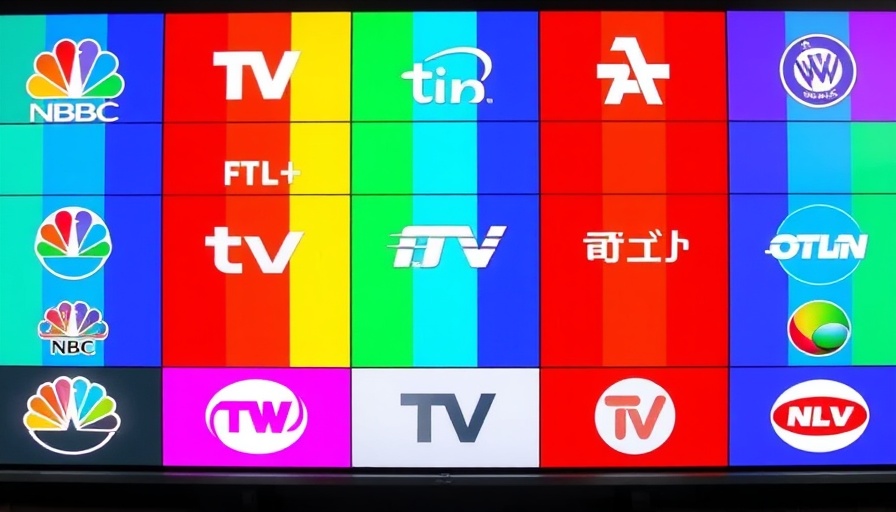The Power and Peril of Misinformation: Lessons from the Past
The PBS documentary
American Coup: Wilmington 1898 unveils a dark chapter in US history, highlighting how journalism helped facilitate a coup against a legally elected government in Wilmington, North Carolina. A striking parallel can be drawn between the events of 1898 and contemporary issues regarding misinformation, underscoring the crucial role media plays in shaping public opinion and political landscapes. Today's executive leaders, particularly those exploring AI opportunities, can glean insights into the consequences of unchecked media narratives.
In 1898, a white supremacist mob, fueled by disinformation partially circulated through the press, overthrew a biracial government. Notably, the editor of
Raleigh’s News and Observer used his platform to amplify white supremacist grievances. This historic case presents a cautionary tale about the impact of media bias and misinformation, an issue still pertinent given today's media landscape.
Historical Context and Background
The 1898 Wilmington massacre represents a significant, though often overlooked, moment in American history. In the aftermath of the Civil War, a biracial government in Wilmington sought to bridge racial divides. However, the manipulation of media narratives by influential figures like Josephus Daniels, who used his newspaper to fan racial tensions, led to a violent coup—the only successful one in US history. This historical lens provides invaluable lessons on the enduring power of media narratives to either unite or divide societies.
Relevance to Current Events
The themes explored in
American Coup find echoes in today’s world, where the rapid dissemination of information—and misinformation—is amplified by digital media. As AI continues to transform the media landscape, executives considering AI for scaling business growth must critically evaluate the potential for AI-driven platforms to perpetuate or mitigate misinformation. The responsibility lies in fostering credible media environments that promote transparency and ethical journalism.
Actionable Insights for Today’s Leaders
Understanding past media-driven misinformation campaigns can empower today's business leaders to navigate the complex digital landscape. Leveraging AI technologies responsibly could be pivotal in developing reliable information channels, preventing similar destructive narratives from taking hold. Key strategies include embracing transparency, supporting local journalism, and advocating for diverse media perspectives to foster informed discourse.

 Add Row
Add Row  Add
Add 




Write A Comment